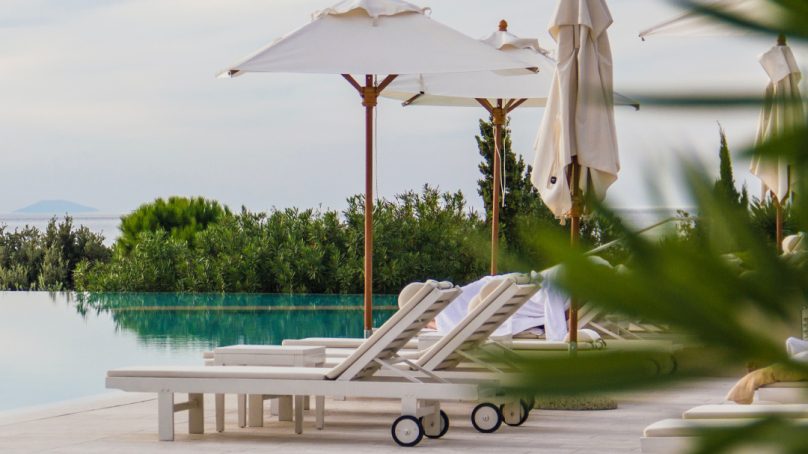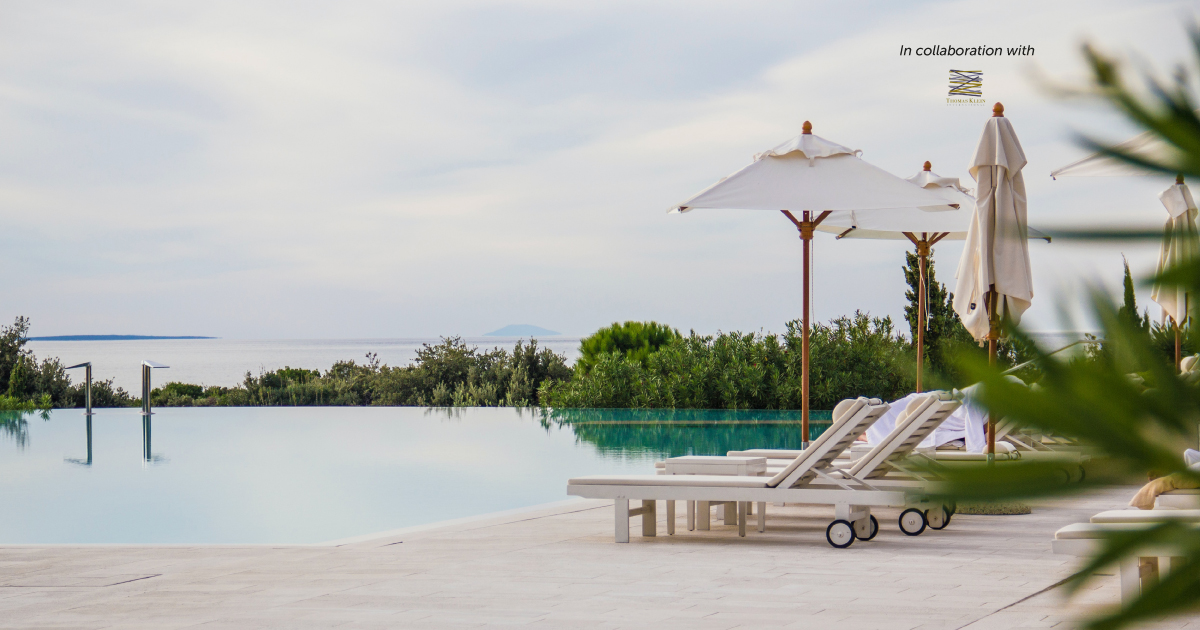
Today’s concept of luxury is defined by a very distinct, unique and recognizable personalized experience, as well as services that reflect the brand identity and property’s location.
Global multi-industry conglomerates, such as LVMH, are using hotels to reinvent themselves. The group has established a luxury management division for hotels and resorts under its hospitality umbrella and has acquired brands such as Belmond and Cheval Blanc to further promote and extend the visibility of its products.
Luxury travelers today yearn for a once-in a- lifetime experience that goes above and beyond the initial “wow” factor and extends throughout their stay, and remains imprinted in their memory.
Challenges of remaining relevant
The hotel industry’s nature of service continues to evolve. Travelers are gravitating toward accommodation that provides a variety of delightful and unique experiences, both in the luxury and non-luxury sectors.
In the luxury sector, this has prompted hotels to shift from the traditional methods of offering additional services, free amenities or loyalty points to now becoming more innovative in how they utilize resources available to them and how to create new memorable experiences. Brands are now faced with the challenge of making sure that they remain relevant in a market that shows no sign of decline but rather an over saturation of brands. Moreover, the traditional concept of what makes a hotel a luxurious one is changing in response to the rise of boutique hotels, which continue to thrive thanks to their personalized service, attention to detail and localized approach. With fewer rooms to spare, shorter or zero corporate structures and higher staff-to guest ratios, these smaller hotels can easily adapt to every guest’s needs.
Luxury has evolved to mean much more than simply a range of facilities. What matters is the quality of service provided to clients at a level that stands out as meaningful, relevant, timely, personalized and memorable. Boutique hotels are achieving this while focusing on the use of storytelling and guests’ involvement in local traditions as an approach to make up for the absence of facilities — such as the multiple restaurants, gyms or spas available at luxury hotel chains. To compete with the experiences of boutique hotels, larger luxury hotels need to create and develop local, authentic offerings by providing a sense of place and an uber-personalized guest experience while staying true to their brand identity.
Innovating for the future
With the ever-changing needs and expectations of guests today, creating a sense of place is important to help in differentiating a luxury hotel and building strong brand loyalty to withstand future innovations. A sense of place represents the hotel’s brand (origins, culture and identity) and the hotel’s location (its history, heritage and culture). These aspects can influence guests’ senses, activating an emotional connection, whereby guests associate familiarity and a sense of belonging with the hotel. For a luxury hotel to express a sense of place, brand guidelines must be implemented across properties in different geographical areas, and the hotel should be able to adapt to and reflect the property’s location with the inclusion of local and cultural traditions. Advancing beyond the “cookie-cutter” approach extends to aspects such as the interior or a local specialty being offered upon arrival. Arabic coffee is a good example of this.
Differentiation is a challenge that larger luxury hotel groups face, but that is not to say it can’t be mastered. It may involve welcoming and greeting customers in their own language, customizing minibars and other in-room offerings, such as bathroom amenities, fragrances and scents, and providing bedding that suits the guest’s preferences, such as silk, cotton or linen.Differentiation is a challenge that larger luxury hotel groups face, but that is not to say it can’t be mastered. It may involve welcoming and greeting customers in their own language, customizing minibars and other in-room offerings, such as bathroom amenities, fragrances and scents, and providing bedding that suits the guest’s preferences, such as silk, cotton or linen.
Several global luxury hotel groups, such as Rosewood Hotels and Resorts, have embraced the concept by introducing them into their core guiding principles. A sense of place is revealed throughout each property’s location, celebrating each location’s history and culture through architectural design, even as the brand continues to expand on a global scale.
A blend of brand and location identity can also be seen at One&Only Resorts. For example, its property on The Palm, Dubai, not only offers Arabesque design but personalized service resonating with where it is located and what the brand stands for – a true translation of luxury in a special place.
Championing the curator
Deloitte’s “the hotel of the future” research shows that even in the era of technology, the future of hotels will continue to be about people. The real test lies in the hotel’s approach to delivering personalized services and experiences that meet and exceed the growing needs and expectations of travelers. The research outlines opportunity areas known as “roles” that could be applied by hotels in general.
In the context of luxury hotels, the “curator” role can be applied. The idea is that instead of offering a standardized service, a luxury hotel of the future could be a combination of partnerships that provide new and varied experiences. The hotel could offer spaces that complement the guest’s mood or mindset, such as wellness, productive or inspirational rooms. To reflect these themes, hotels can make use of experimental designer products, prints, furniture or even relevant technology. Guests can explore the different styles and if they like a product, such as an Achille Castiglioni Floss lamp or the newest Apple laptop, they are able to have it added onto their bill and ask the hotel to deliver it to their address. This allows the guest to enjoy unique experiences and solutions that are tailored to their needs, and luxury hotel groups can leverage the usage of partnerships to constantly redefine themselves and keep their brand attractive to guests.
On the road to innovating for the future, it is fundamental for hotel owners and brands to understand the challenges they are facing today, where they see the most potential, who they want to be in the future and why guests of the future would want to engage with their property.
The ultimate challenge is knowing how a luxury hotel brand can continue to survive in a dynamic industry, and it may involve expanding well beyond the usual services we are all used to today.
This presents an opportunity for hotels to become more innovative with the application of uber-unique, personalized guest experiences, offering solutions to customers’ needs that were not historically met by hotels and the creation of a sense of place that resonates with the brand and location for the purpose of building sustainable loyalty.

Principal and managing director
Thomas Klein International














